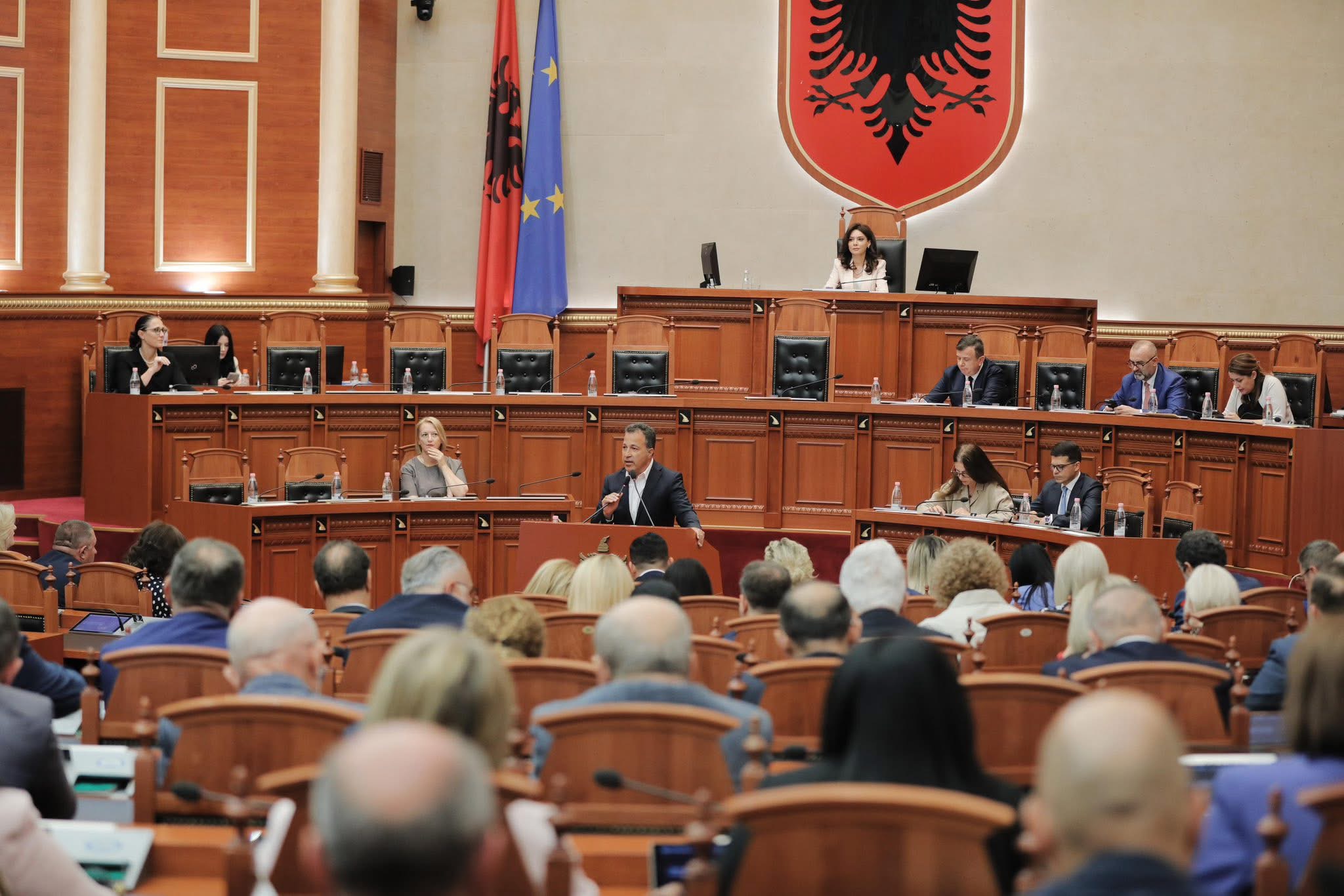Electoral reform back on agenda when new parliamentary session begins

As Albania’s new parliament convenes this September, work is expected to begin immediately on long-awaited electoral reform. Veteran Socialist lawmaker Damian Gjiknuri, who has co-authored every set of electoral code amendments over the past 18 years, confirmed in a recent interview to TV Klan that the ruling Socialist majority is ready to establish an inclusive special committee to address OSCE/ODIHR recommendations.
Why is this important: The need for electoral reform has been reiterated by international observers. Both the OSCE’s preliminary report and EU commentary on the May 11 elections underline the failure to implement prior recommendations issued after the 2021 and 2023 elections. Political parties across the spectrum are also calling for deeper reforms, including a potential overhaul of the electoral system itself.
Context: Currently, Albania uses a regional proportional system with semi-open lists. Roughly one-third of parliamentary mandates are filled through voter preferences, while the remaining two-thirds are determined by party leadership. This allows party leaders to assign “safe spots” to loyal candidates, leaving many others with limited chances from the start.
The ongoing recount in four major districts—Tirana, Durrës, Fier, and Elbasan—has delayed the final certification of results. The recount, requested by the opposition, is exposing slight inconsistencies in vote counting, leading to allegations that some commissioners may have favored their party’s interests. Although such human error is not uncommon in manual systems and its volume is negligible compared to the accusations raised by the Democratic Party and of no consequence to the results of the elections, it has nevertheless renewed calls for depoliticizing lower-level commissions.
Socialist MP Gjiknuri emphasized the importance of this step and said that another top priority will be expanding the use of voting technology. “Electronic voting could help avoid both manipulation and delays,” he stated, while adding that a cross-party consensus is essential for such changes.
What else: “We are open to discussing with all parties what might be the best mechanism for ensuring fair representation—whether that means adjusting the balance between open and closed lists,” Gjiknuri said.
Though he was once a vocal advocate for fully open lists, Gjiknuri does not see the current dual-list system as inherently unfair. He clarified that the hybrid formula was originally proposed by the Democratic Party, possibly to help stabilize its own internal ranks.
“Every electoral system has its complexity and trade-offs. In the end, we accepted the PD’s proposal—perhaps because it suited their needs at the time,” he noted.
Rebutting opposition claims: As for opposition accusations of electoral fraud, Gjiknuri dismissed them as repetitive and unfounded. “The opposition is recycling the same claims election after election, even when they had a technical government in place. Refusing to accept results is the root of our political polarization,” he said.
What’s next: Aside from the broader reform effort, Albania will also hold partial local elections in September in three municipalities—Berat, Tepelenë, and Mat—after the Socialist Party tapped their mayors to run for parliament in May’s national elections.


